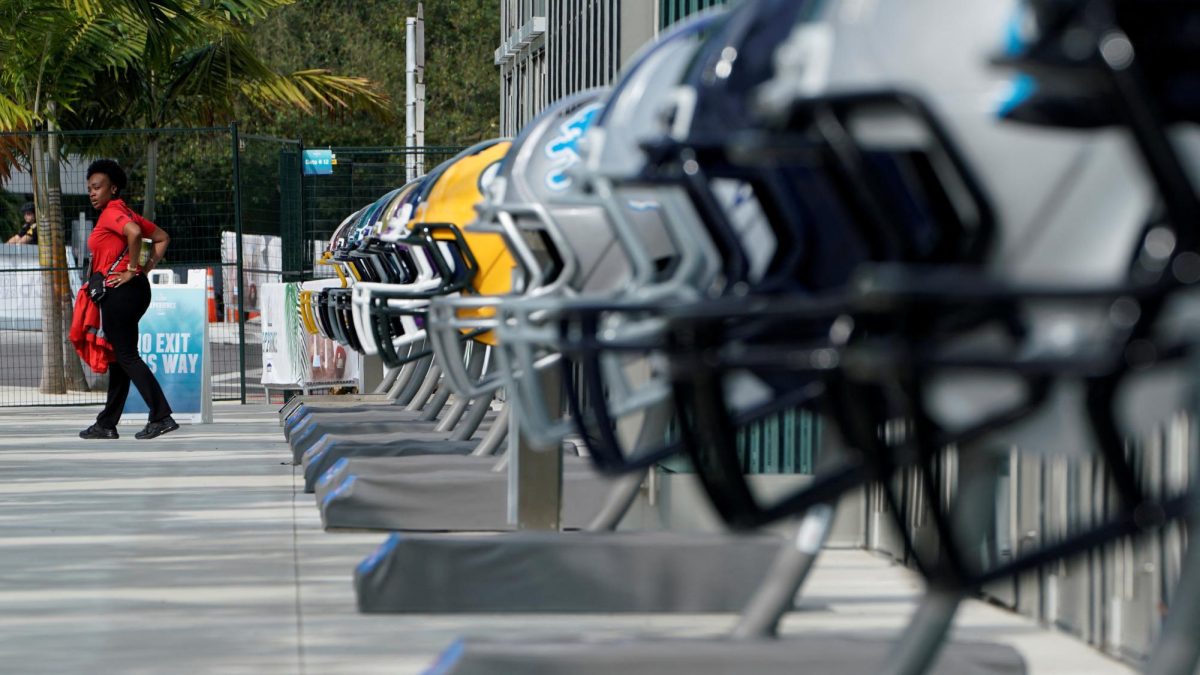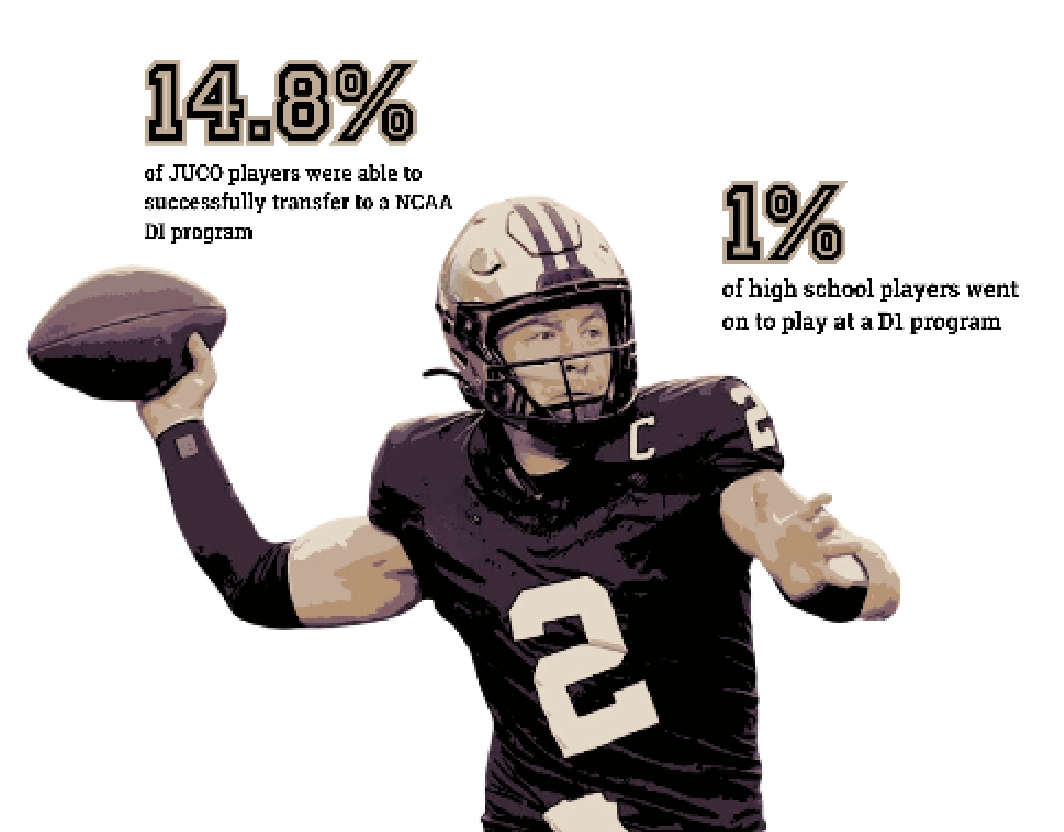As the Super Bowl approached, 18-year-old senior Parker Brock placed a $10 bet on Fliff Sports Picks, a popular and easy-to-access sportsbook. After the game, Brock looked into his near-empty account and saw that Fliff gifted him an extra dollar along with an offer to purchase more Fliff Cash to bet with. However, Brock decided to stick with his dollar and wait until the following day to use it.
While Brock accepted his loss, many sports bettors aren’t satisfied with making such little wagers. The expansion and popularity of online sportsbooks have made sports betting more attractive and accessible, while also raising the risks for bettors.
In 2018, the Supreme Court overturned the 1991 Professional and Amateur Sports Protection Act, paving the way for legal sports betting in 38 states. Over the past five years, the effects of this court decision have been evident. $119.8 billion was spent on legalized sports gambling outlets in 2023 alone, 27.8% more than the previous year.
One of the most prominent effects of the legalization of sports gambling has been the increase in online betting. The online sports betting industry’s revenue has increased by over 1600% in the U.S. since 2018, totaling $7.62 billion in 2023.
After Tennessee legalized sports betting in 2020, Tori Horn, a doctoral student in clinical psychology at the Institute for Gambling Education and Research at the University of Memphis, saw a significant increase in patients who were struggling with a sports gambling addiction. According to Horn, gambling is like many addictive substances.
“Like anything that’s easy to access, we’re going to see an increase in it,” Horn said. “The same thing happened with other substances when they got legalized.”
As the popularity of sports gambling continues to grow, more sportsbooks are being created, making it very easy to create an account, even if the user is below the legal gambling age. With limited advertisement restrictions, leading sportsbooks like FanDuel and DraftKings can advertise widely televised games that often attract thousands of viewers below the legal gambling age. Along with these advertisements, betting odds have become a vital component of sports broadcasting and can influence their audience to gamble.
After drawing in new users, even popular sportsbooks have no way of restricting the age of their users who are able to use a parent or friend’s information to withdraw money.
New bettors tend to be unaware of the risks that come with gambling. Many sportsbooks don’t label their app’s currency like real money which tempts users to buy more of it. For example, Fliff offers users free “Fliff Cash” to prompt them to buy more once they’ve run out. Being classified as a sweepstakes, the app’s age to wager is 18 instead of the federal legal age of 21.
“I’ve never really had a problem with betting too much,” Brock said. “I do get that it’s super easy to get hooked, especially now that it’s right on your phone. It doesn’t even feel like you’re using real money on most of these apps.”
While many young adults like Brock are able to safely enjoy the occasional wager, sports betting is one of the leading causes of underage gambling and addiction. Depending on the state, the legal gambling age varies from 18 to 21. However, according to the National Council on Problem Gambling, between 60% and 80% of high schoolers have gambled with money within the last year. These high schoolers use legalized gambling outlets or practice casual betting with friends.
“[In many states], you just have to be 21 years old and have a smartphone and a debit card or credit card to bet,” Horn said. “It [is] really difficult to treat because I can’t tell people these days to get rid of their smartphone, that’s not an option anymore. Sadly we’re heading on this trajectory of more gambling problems among younger people.”
According to the American Psychological Association, roughly 5% of adolescents and young adults who gamble develop a gambling disorder. However, according to an ESPN survey, most wagers are only $10 to $20. Horn is aware that the majority of bettors aren’t hooked and while she isn’t against sports betting, she recognizes that it must be done safely and limits should be set. Despite the dangers of gambling seeming evident, Horn observed multiple patients who were unaware or ignored the potential risks, and whether or not they felt dependent on gambling.
“It doesn’t have to be all bad,” Horn said. “Just look out for the signs that there’s a problem and try to prevent a problem from happening in the first place, which the only way you can is by acknowledging that one could exist in the first place.”
The same ESPN survey focused on bettors ranging from 18 to 22 years old, as the most common age of sports bettors is between 18 and 34. Brock falls into this pool of recently legalized bettors and is a good example of a safe bettor, averaging a wager of only $10 and only betting on a few games a month.
Despite seeing the potential risks associated with gambling, Horn recognizes that when done safely, simple wagers can be enjoyable.
“Gambling at the end of the day is something that can be done safely and just because you place a bet every now and then with some friends does not make you addicted to it,” Horn said. “Gambling can be fun.”














